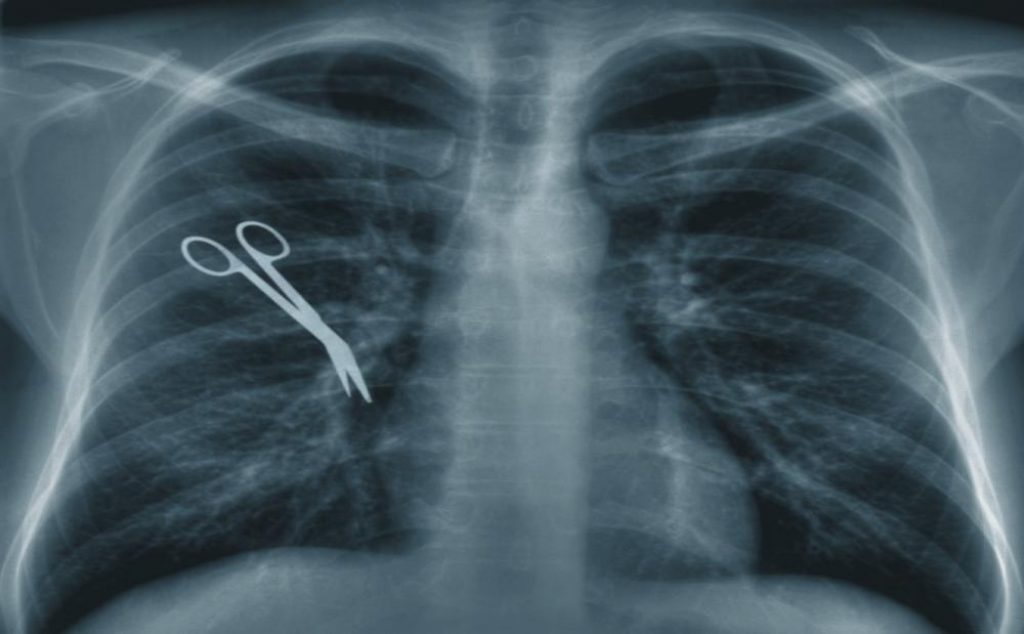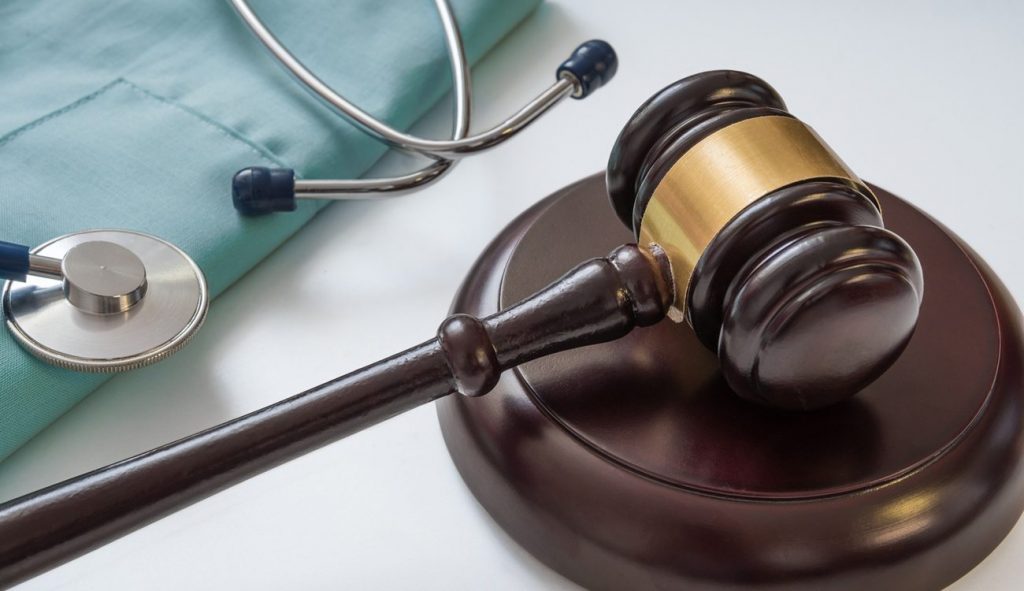
Many misconceptions surround the term medical malpractice. Many patients presume that if the final result of medical treatment is not favorable or does not improve their health condition, a doctor has made a mistake. But it cannot be further from the truth. Medical malpractice is a situation where a doctor hasn’t exercised a reasonable duty of care for the patient or neglected to help a patient with the right resources for diagnosis under the ‘duty of care.’ Duty of care is the appropriate care a doctor is expected to provide under normal circumstances. Only if the doctor deviated from their duty can a patient lay the foundation for or making a malpractice claim against a doctor or Health Care practitioner. The breach of care wood’s duty to a patient only holds if the patient has sustained injuries, sickness, or death.
Proximate cause is the legal term used by lawyers to establish a connection between the breach of a doctor’s duty of care and an injury caused to a patient. A patient’s injury could not have been caused by something else, even if a doctor deviated from the established standard care.

img source: articles.informer.com
- Some common medical malpractice cases are surgical errors in different forms involving surgeons performing an incorrect procedure. Operating on the wrong leg could be a surgical error involving an incorrect procedure. Another example is leaving medical instruments in a patient’s body at the end of the surgery, although it isn’t as common anymore. A popular cliche is about doctors leaving behind sponges in a patient’s body.
- A common type of medical malpractice case is misdiagnosis, where a doctor or a medical practitioner is negligent and does not diagnose a patient’s ailment correctly on time resulting in further injury for the patient’s sickness. Delayed diagnosis represents a related type of medical malpractice where a doctor arrives at the right diagnosis after the wrong initial diagnosis. With a delayed diagnosis, a patient has suffered pain or sickness that could have been avoided with the proper diagnosis in the first case.
- Medical advice is important for a patient to provide informed consent to a medical procedure like surgery. Unfortunately, healthcare practitioners undertaking patient advice can only be considered pro forma. Patients have the right to clear and readily understandable information about medical treatments or procedures they may undergo. If a patient is given incomplete or improper medical advice, the patient may suffer side effects that may have been unexpected. Such cases can malpractice claims if the patient can prove that they were not properly advised of the possible risk involved.

img source: www.strunkmedia.com
When you doubt that you have a medical malpractice case in your hands, then the first and the best course of action would be to hire a Miami medical malpractice attorneys team to represent you. Having an experienced and reputed autonomy advise you during your crisis is crucial, especially in medical malpractice cases. Unfortunately, medical malpractice cases could take you years. To have a lawyer who can best advise you are in difficult times would be e in your best interest.
Here are a few steps that you must take if you suspect that doctors, medical organizations, pharmacies, etc., are engaged in medical malpractice. Your steps may help other patients and keep them safe. Doctors are considered lifesavers, and when they commit mistakes, knowingly or unknowingly, it can become a question of life and death for a patient. Going the legal path is easier said than done. It is because the entire process is quite lengthy, time-consuming, expensive, and complicated.

img source: abaforlawstudents.com
Moreover, laws favor the medical fraternity, and the victims are left grappling for justice. Thus, every step must be taken after a lot of care and thought. Your every step must get you the best results. Here are a few steps that you can take.
- If you suspect that your doctor has committed medical malpractice, ensure that you have pertinent documents like prescriptions, treatment plan, notations by the doctor, and more data handy. It will help you if you plan to go legal.
- Another important fact that you need to keep in mind is that not all cases may be medical negligence or malpractice. Ensure that whatever happened with you falls in the ambit of medical malpractice before bringing it to the notice of relevant authorities. Hiring a medical malpractice attorney can help you in this regard. Whether or not it is a medical malpractice case depends on the presence of four elements. Your attorney will check these elements and see if it has any merit.
- Talk to another doctor and show him your reports. See what he has to say about the line of treatment. If the doctor says that the line of treatment is correct, you have no cause for worry. But, if he thinks otherwise, you have a cause to worry. If possible, seek his opinion in writing. It will support your doubts and help if you plan to go the legal route.
- If you suffered injuries due to medical negligence, it is important to get treated by another doctor and write his opinion. It will give support to your litigation. It is important to fight back if the mistakes of a medical practitioner cost you dearly.
- Many times, people lose their life because of such mistakes. The next of kin can also file a legal suit to fight medical malpractice case. Before going that route, they need to gather pertinent documents, witness statements, and more to strengthen their case. It is important to remember that fighting a medical professional or an organization is no mean feat. It will require optimal use of available resources in terms of time, effort, and money to get the case into court.
- Lastly, the hospital or the doctor himself is the last person to contact if you doubt medical malpractice.

img source: www.humanweapon.com
Take these steps, protect yourself, gather support, prepare well, and then file a medical malpractice suit. This way, the chances of winning the case are higher.







